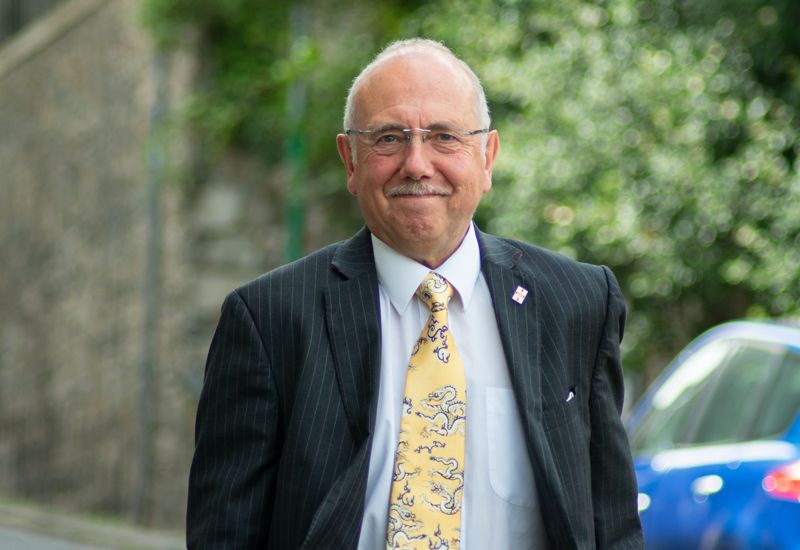


Public funding for NICE approved drugs will be maintained for another year, with the same limitations as previously agreed.
Deputies this morning backed proposals from HSC to continue the long-term funding of drugs and treatments, with an 'incremental cost effectiveness ratio' (ICER) of up to £40,000 for most patients.
A review of the costs associated with prescribing the NICE approved medications will be held over the coming year before any future funding decisions are made.
Since the use of NICE approved medications was first approved by the States in 2020, 149 drugs have been approved for use locally, benefiting an estimated 9,000 patients, at an estimated cost of £4.3 million.
HSC said this means that, in addition to those drugs already available, the Committee is now routinely funding a wider range of new drugs and treatments according to their ICER value.
As medical research and developments continue, HSC said the number of TA-approved drugs that cost below the threshold for funding of £40,000 is always changing.
The drugs that have been approved for use locally have benefitted patients under the care of cardiology, haematology, oncology, mental health, paediatrics and more.
During the debate concerns were raised about future costs of funding the drugs though - with some deputies asking about increasing or reducing it in future, and what impact that could have on patients needing the medication.
Deputy Brouard acknowledged the wider financial concerns at play, and made repeated references to his support for the second phase of work at the Princess Elizabeth Hospital.
He also confirmed that if he had to choose between funding NICE drugs or the hospital modernisation programme, the latter would always win.
"I would prefer both, but if you gave me the choice of whether I carry on with with NICE drugs funding or get that hospital built, I would go for the hospital built every day of the week on top of everything, because that's going to be the key to your future," he said.
"I won't be here for that but you will need it, and you will regret not doing the hospital modernisation. So I would take the pain on NICE drugs but to be fair, we've got to carry on with NICE drugs at the level that we've got now."
Comments
Comments on this story express the views of the commentator only, not Bailiwick Publishing. We are unable to guarantee the accuracy of any of those comments.